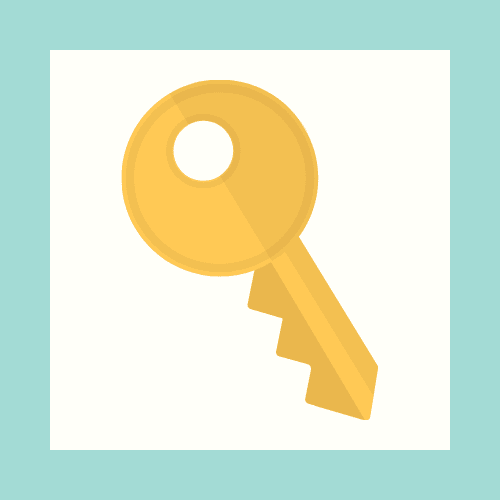So you’re ready to build your new website and wonder where to even start. You may have heard that a lot of people use WordPress, so you’re considering simply going with the popular solution. But these days, people can shop around for any product, from anywhere, at any time. Why not try to find the best website design software solution for your business?
Responsible for controlling about 60% of the Content Management System (CMS) market, there’s no denying that WordPress is the most popular CMS currently available. That doesn’t mean you shouldn’t be checking out its competitors, though. Think about the best-selling sedan in the US, the Toyota Camry. It’s affordable, has decent gas mileage, and most importantly, everyone seems to drive one. But are you going to buy a Toyota Camry just because everyone else does? Of course not. You’re going to look for the vehicle that best suits your specific needs. A Toyota Camry is just not going to be able to tow your boat or haul all your kids and their hockey gear.
Enter Joomla. What is Joomla, you ask? Joomla is the second most popular CMS available, though less well-known than WordPress. Still, there are over 2 million active websites on Joomla. WordPress and Joomla each have the capabilities required to build virtually any website (and importantly, are both open-source and free to use), but there are several areas where Joomla has a distinct advantage.
1. Powerfulness and Flexibility

After about a week of driving, you think about how great it would be to take your boat out to the lake. You get ready to hitch it up to your new car, and realize, OOPS, it didn’t come with a hitch! No problem, I’ll just get one installed. By some miracle, the Camry gets you and your boat to the boat launch at the lake. But as your car is slowly dragged into the water by the weight of your boat, you start to consider that you may not have selected the right vehicle for your needs. Just because a car can be configured to pull a boat doesn’t mean it should be.
Like your Toyota Camry, WordPress may not be able to handle your project without jerry-rigging a bunch of extensions. In general, Joomla is more powerful and versatile than WordPress out of the box. While still maintaining ease-of-use and user-friendliness for anyone to get started, Joomla’s advanced capabilities provide more flexibility in terms of customizing your website design and allowing for room to grow. Joomla permits you to use multiple templates for your different content elements compared to WordPress which only allows for one theme.
2. Access Control

When you drop off your car at valet parking, do you give the valet your entire key ring? Unless you want to risk someone getting a copy made while you’re enjoying your dinner and dropping by your house later, you only give them access to your car. Your dog walker, on the other hand, does have your house key, but they’re only permitted to perform certain actions within your house: put your dog on a leash and take it for a walk. They’re not allowed to go in your closet and try on your clothes.
The same applies to your website. Joomla comes with nine different categories of user access for your convenience, so you can easily establish who can see and do what on your site. The best part is that the ACL automatically applies to any elements you add.
3. Security and Privacy

Most of WordPress’s advanced security functions rely on plugins, whereas Joomla has inherent built-in security features. For example, Joomla offers an option to force connections over Secure Socket Layer (SSL) and an option for Two-Factor Authentication as well. Joomla also has its own set of security extensions for use.
Perhaps you’ve heard of the General Data Protection Regulation (GDPR) requirements that became enforceable in May 2018. The GDPR is EU law relating to data protection and user privacy. Simply stated, the user’s data may only be collected for legitimate purposes and must be safeguarded. It’s vital that all websites abide by these new requirements and violators may face heavy penalties. It sounds scary, but fortunately for us, Joomla 3.9 has GDPR compliance covered. With its Privacy Tool Suite, you can have users consent to your privacy policy and terms and conditions automatically. Also built in is the easy ability to track and manage information access and removal requests from your users.
Ready to learn more about how Joomla can be the right solution for your website? YellowWebMonkey has a full team available to handle the project management, design, coding, and SEO for your business. Whether your project is large or small, we are ready to meet your needs! Contact us today.




